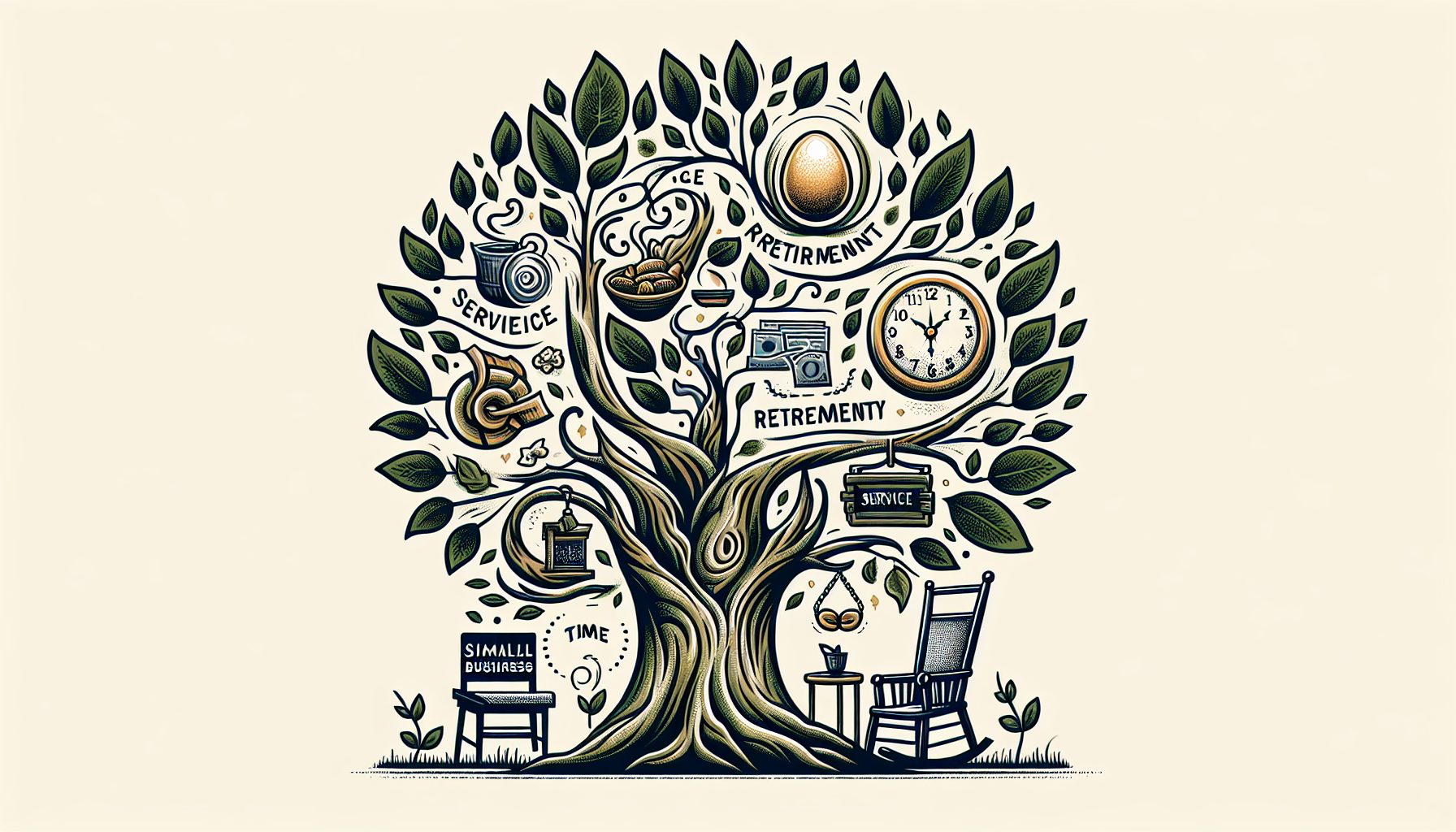You know that awful feeling in your gut when champions of a particular cause—such as, say, the need to undergird the industrial base of this country—don’t quite get their own message?
Devotion—yo! blind obedience—to the deity of low costs is going to undo more than one well-meaning American company. It’s already chipping away at the power of a particular organization.
Just take a look at the “Play Your Part” rally put on by the National Association of Manufacturers last month at the McCormick Place convention complex. This event, which kicked off National Manufacturing Week, wasn’t much of a “rally.”
There were no street events. No placard-waving union or nonunion workers. No enthusiastic enclaves of executives. Ten minutes before the event, there were approximately 40 people in the audience. By the official starting time of 9 a.m. that had grown…to 100.
The first speaker NAM president Jerry Jasinowski introduced was not some captain of industry who had successfully beaten back foreign competition with intelligent use of worker skills, automation or analytical information systems. It was Chely Wright , who was happy to note “my dad is a concrete man” and likened making a record to making cars or microchips. Don’t think you’ll find her in a hardhat or sterile suit, though, making that next studio recording.
The most engaging speaker was John Ratzenberger, a native of Bridgeport, Conn. When he was growing up, his hometown made everything from chair casters to sewing machines to bead chains for lamps, with precision down to 1/1000 of an inch of tolerance. Now it’s known mostly for a dilapidated economy and political corruption.
You may have watched Ratzenberger’s show “Made in America,” on the Travel Channel. But you probably know him best as Cliff the Postman on the one-time hit NBC series, “Cheers.”
As honest as he is in promoting the idea that hands, not just minds, make America what it is, you have to wonder: What have we come to when a television character actor trying to rejuvenate a career is the most articulate spokesman American manufacturing has to offer in its defense, at arguably its most visible event of 2004?
Throughout the morning, speakers that included U.S. Rep. Don Manzullo of Illinois decried the 2.8 millon jobs lost in U.S. manufacturing over the last 42 months and the high rates of unemployment in once highly productive towns such as Rockford, Ill. There even was talk from the podium by Jasinowski of launching a trade mission to China, to help stanch the bleeding.
The heart of the week came not at the rally, but in working sessions that lasted four days. At these workshops, experts instructed factory managers on such tasks as the most efficient layout of equipment and the proper maintenance of machinery. They preached paying attention to the most fundamental facts of making great products—such as investing in the training of workers so they know how to make those products correctly the first time and every time.
Session leaders repeatedly bemoaned the lack of willingness to get hands dirty and fix problems before they become competitive disadvantages or reasons for closing factories. The only way making products in this country is going to succeed is by increasing amounts of automation and information systems that eliminate errors and intelligent work on the part of well-educated employees on the factory floor. It’s the minds that have to be applied through efficient use of software, smarter operators of machinery and systems and a determination to rethink and recreate how products are made.
It all starts with leadership by example. As the “Play Your Part” rally was getting started, organizers of the week’s events were giving away miniature tool sets in the press room. Supposedly these were to represent the might of American manufacturing. On their covers were embossed the name and logo of the National Association of Manufacturers.
But on their back was an adhesive label marked “Made in China.”








